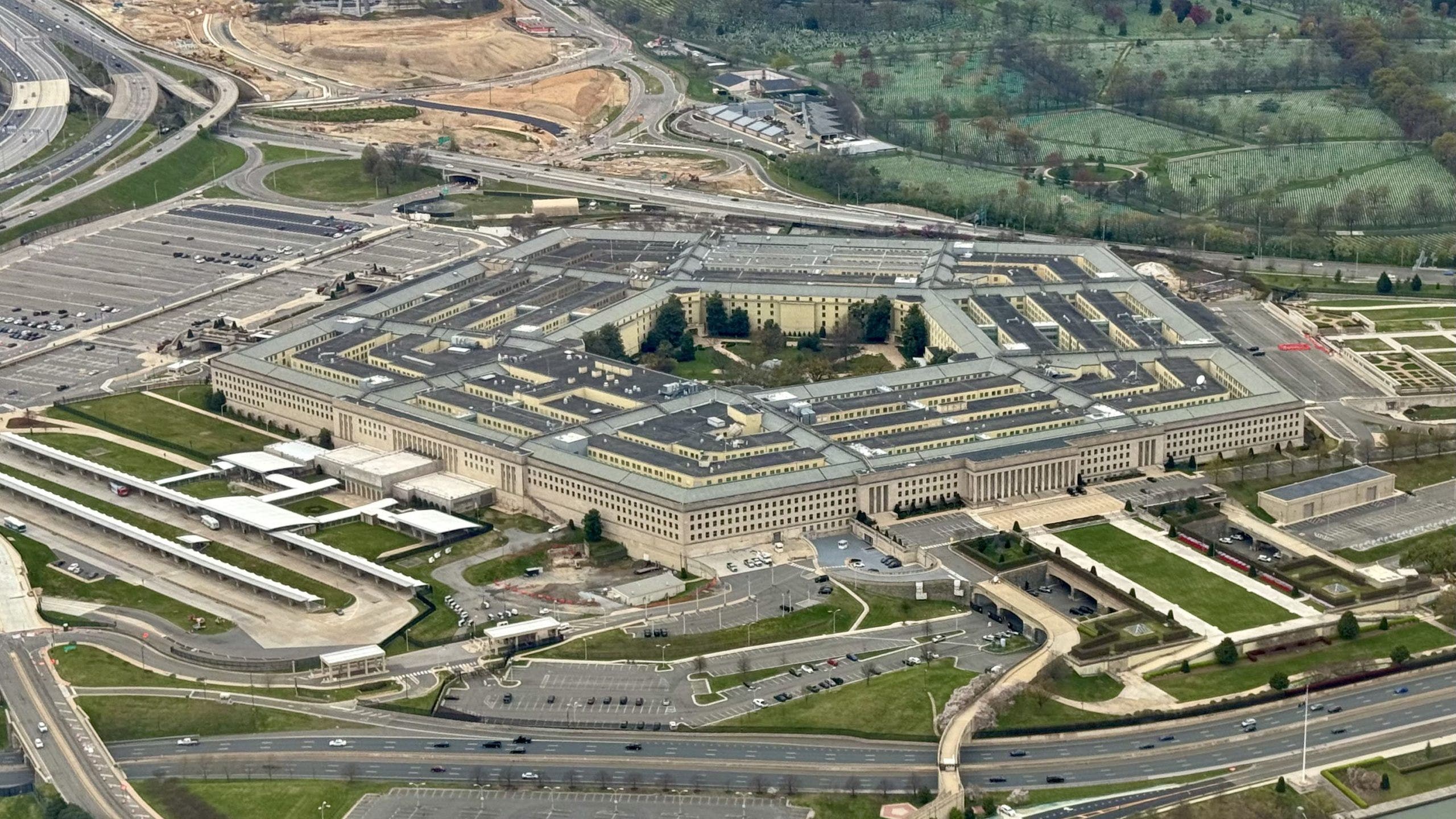Senate advances NDAA, teeing up final passage for annual defense policy bill

The Senate has taken a significant step forward in advancing its annual $895 billion defense policy bill, signaling that the legislation is on track to pass despite some Democratic opposition to a provision related to transgender care. The vote to invoke cloture on the National Defense Authorization Act (NDAA) passed with a strong majority of 63 to 7 on Monday evening, setting the stage for a final vote later this week.
The House had previously passed the 1,800-page bill with a vote of 281-140, with some Republicans and Democrats breaking ranks on either side of the issue. This year, the legislation has faced more scrutiny and division than in previous years, with only 81 Democrats voting in favor of the bill.
The $895.2 billion allocated in the NDAA represents a 1% increase over the previous year’s budget, a figure that falls short of the expectations of some defense hawks. Despite this, the bill includes provisions aimed at improving the quality of life for service members, including a 14.5% pay increase for junior enlisted troops and increased access to child care for military families.
One controversial provision in the bill has drawn criticism from Democrats, particularly regarding the prohibition of Tricare coverage for transgender services for minor dependents of service members. Rep. Adam Smith of Washington, the leading Democrat on the House Armed Services Committee, expressed concerns over the provision, stating that denying necessary healthcare based on biases against transgender individuals is unjust.
While some provisions related to transgender healthcare made it into the final bill, others, such as a blanket ban on funding for gender transition surgeries for adults, were not included. The bill also addresses other issues, such as deploying the National Guard to the southern border and exploring the possibility of allowing airmen and Space Force personnel to grow facial hair.
In addition to these provisions, the NDAA includes measures related to IVF coverage for service members, restrictions on Pentagon contracting with certain advertising companies, and cuts to funding for climate change programs within the Defense Department. The bill also extends a hiring freeze on DEI-related roles and stops recruitment for such positions pending an investigation into the Pentagon’s DEI programs.
Overall, the NDAA sets important policy guidelines for the Defense Department, but a separate defense spending bill will be needed to allocate funds for these programs. The bill represents a compromise between Republican and Democratic leadership, reflecting the ongoing debates and priorities within the realm of national defense.




